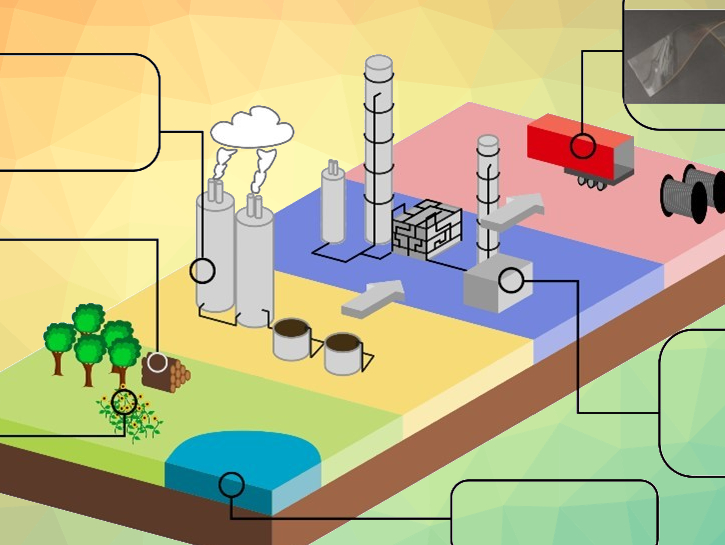The challenge of switching the raw material basis in plastics production from fossil to bio-based feedstocks also concerns plasticizers. A major application of plasticizers is related to polyvinyl chloride (PVC), a commonly used polymer. Today, plasticizers are often based on fossil feedstocks. In addition, some plasticizers, e.g., specific ortho-phthalates, are subject to restrictions due to their toxicological profile.
Harald Gröger, Bielefeld University, Germany, Andreas Liese, Hamburg University of Technology, Germany, Rainer Otter, BASF SE, Ludwigshafen, Germany, and colleagues have synthesized bicyclic plasticizers (pictured below) that are accessible from bio-based 2-methylfuran, maleic anhydride, and 2-ethylhexanol, and evaluated them in performance tests. The team created one new plasticizer via an initial Diels-Alder reaction of 2-methylfuran with maleic anhydride, followed by hydrogenation and esterification with 2-ethylhexanol. A second candidate with a different configuration was prepared using a Diels-Alder reaction of 2-methylfuran with bis(2-ethylhexyl) maleate instead of maleic anhydride, followed by hydrogenation.

The performance tests revealed promising plasticizing properties of the bio-based plasticizers. The exo-compound 1 has a promising solution temperature (an important indicator for the gelating properties of a plasticizer) and good efficiency as a plasticizer for PVC. The endo-configuration of 2 resulted in more advantageous viscosity, tensile strength, and low-temperature properties. A mixture of both compounds might be promising and could allow the resulting mixed system to benefit from the advantages of both isomers.
- Structure‐performance guided design of sustainable plasticizers from bio‐renewable feedstocks,
Carmen Plass, Niklas Adebar, Robert Hiessl, Joscha Kleber, Axel Grimm, Angelika Langsch, Rainer Otter, Andreas Liese, Harald Gröger,
Eur. J. Org. Chem. 2021.
https://doi.org/10.1002/ejoc.202101014




